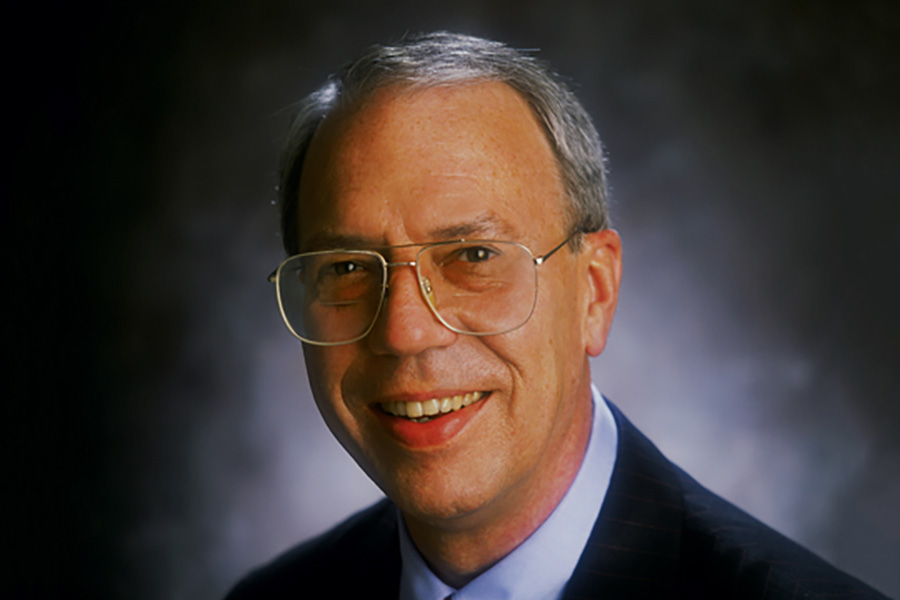
A Florida State University professor who created a synthetic version of a life-saving breast cancer drug making it widely available to patients has been elected as a fellow of the National Academy of Inventors.
Robert Holton, the Matthew Suffness Professor at Florida State University, first synthesized the drug Taxol 25 years ago. At the time, it could only be made from the Pacific Yew, but it was difficult to obtain large quantities of the slow-growing tree. The university ultimately patented his work and partnered with Bristol-Myers Squibb to take it from the lab to hospitals across the world.
Now, Holton is one of 148 academic inventors being named a fellow of the NAI.
“Robert Holton’s work on Taxol remains one of the most astounding university research and commercial successes of all time,” said Vice President for Research Gary K. Ostrander. “It also illustrates what our scientists are all about — furthering scientific inquiry to improve the lives of mankind.”
Election to NAI Fellow status is the highest professional distinction accorded solely to academic inventors who have demonstrated a prolific spirit of innovation in creating or facilitating outstanding inventions that have made a tangible impact on quality of life, economic development and the welfare of society.
Holton’s work on Taxol was a huge breakthrough in cancer care. At the time of its approval, the National Cancer Institute said it was the most important cancer drug developed in the past 15 years. Thousands of patients have benefitted from it.
The deal with Bristol-Myers Squibb also generated the most royalty income from any university licensed technology in the United States. The university received more than $351 million for its use.
“It is an honor to be recognized as a fellow by the NAI,” Holton said. “I have always been drawn to difficult problems and synthesizing Taxol was a big one. Seeing the drug’s success in treating so many patients has been an incredibly gratifying experience.”
With the election of the 2018 class, there are now more than 1,000 NAI Fellows, representing more than 250 research universities and government and nonprofit research institutes. The 2018 Fellows are named inventors on nearly 4,000 issued U.S. patents, bringing the collective patents held by all NAI Fellows to more than 35,000 issued U.S. patents.
“I am very proud to welcome another class of outstanding NAI Fellows, whose collective achievements have helped shape the future and who each day work to improve our world,” said Paul R. Sanberg, president of the NAI. “Each of these new NAI Fellows embodies the academy’s mission through their dedication, creativity and inventive spirit. I look forward to working collaboratively with the new NAI Fellows in growing a global culture of innovation.”
The 2018 NAI Fellows will be highlighted with a full page announcement in the Jan. 25, 2019 issue of The Chronicle of Higher Education and in upcoming issues of Technology & Innovation.




